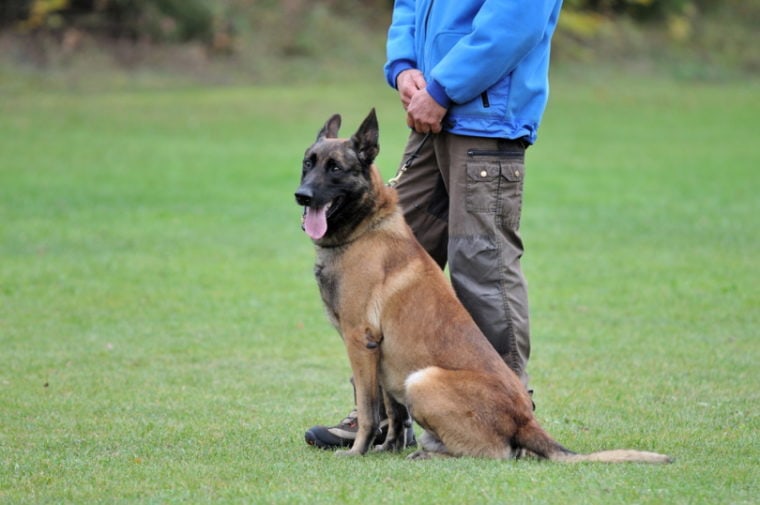
Training is an essential step in ensuring your pup is calm, well-behaved, and doesn’t display aggressive behavior. Some breeds are easier to train than others, but all tend to respond best to positive, reward-based techniques. For most dogs, the best reward is food, and they’ll happily learn commands in return for training treats. But what do you do if your pup doesn’t seem to respond to the offer of treats? In this article, you’ll find nine tips and tricks to train a dog that is not food motivated.
Before You Begin
Make sure you are in the right frame of mind for a training session. Teaching even the smartest and most willing dog is still an exercise in patience. When you’re dealing with a dog that needs different motivations, it’s easy for frustration to boil over. Don’t try to train your pup if you’re tired, hungry, stressed, or already angry.
For several of these tips, you may need extra supplies beyond just your dog and a leash. These may include:
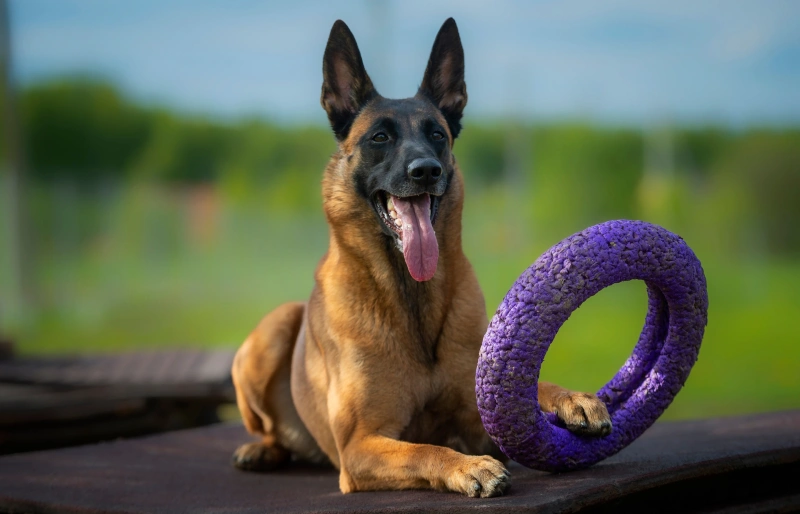
 How to Train a Dog That Is Not Food Motivated
How to Train a Dog That Is Not Food Motivated
1. Make Sure They Aren’t Already Full
Before concluding that your dog isn’t food motivated, make sure the problem isn’t that they’ve just had too much food already. If you feed your dog a full meal and then try to move into a training session, they may not be motivated by additional snacks.
At the same time, you don’t want your dog to be so hungry during training that they can’t focus at all. Try offering a small treat so your dog won’t be uncomfortably hungry but still has an appetite for treat rewards. Also, avoid free-feeding your dog because you’ll have no way of knowing how full they are at any given point.

2. Get Better Treats
Sometimes, your dog may seem unmotivated by food because they aren’t impressed with the food you’re offering. Dogs that regularly receive treats for no particular reason other than being adorable may be uninterested in working for the same. Tempt them with something extra tasty like real cooked meat, cheese, or even peanut butter as long as they don’t have dietary restrictions.
3. Make Sure They Aren’t Thirsty
If your dog snubs your treats during training, it could be because they’re more interested in drinking than eating. Keep a water bowl handy and offer your pup a drink to see if it improves their concentration and interest in food rewards.
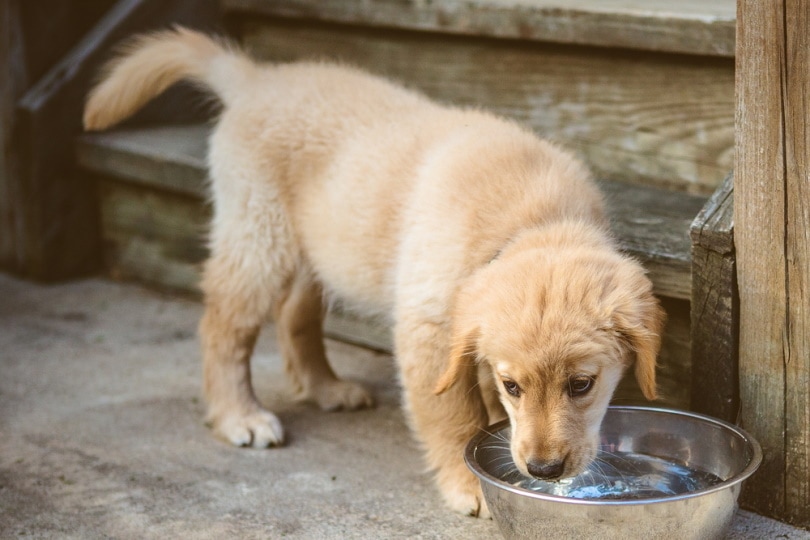
4. Remove Distractions
If you can’t seem to get your dog’s attention with food during training, it could be because there are too many distractions. Once your dog has a grasp of basic obedience, it is a good idea to hold training sessions in busy locations such as a local park so your dog learns to focus even with distractions.
However, early on, it might be too hard for your dog to pay attention to you or drum up interest in your treats if there are a lot of other people or animals around. Move your training to a quiet, boring location and see if your dog’s food motivation improves.
5. Check Their State of Mind
Just like you, your dog shouldn’t go into a training session in a hyper-emotional state of mind. Dogs can have off-days just like people. If your pup is tired, anxious, scared, or overly energized, they may have no interest in either food or training. Skip training until your dog is calm and well-rested, and they may be more likely to accept treat rewards.
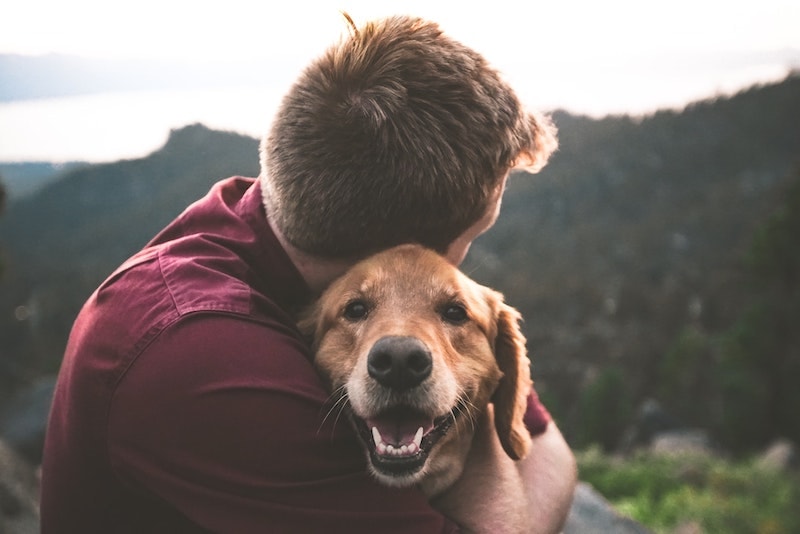
6. Rule Out Medical Problems
Sometimes, your dog may not be food-motivated because something is impacting their appetite overall. If your dog’s lack of interest in food is sudden or out of character, you could be dealing with a medical problem rather than a motivation issue. This is especially true if you notice other signs like lethargy, vomiting, or diarrhea. See your veterinarian if that’s the case.
7. Make Sure You Aren’t the Drama
Training techniques for dogs have come a long way over the years, but outdated concepts still exist. For example, some owners may be reluctant to use food rewards because they’ve read that dogs should obey out of obligation to their master or pack leader, rather than what they view as a bribe. Make sure the reason your dog is not food motivated isn’t due to your hesitancy to use rewards.
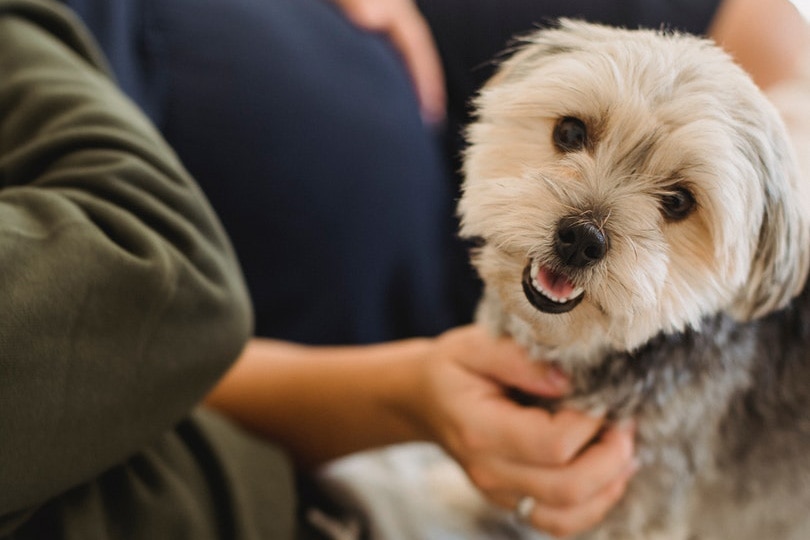
8. Use Play as a Reward
Food is the preferred reward for many, but if your dog doesn’t seem to care about treats, another option is to use play time as a reward. If your pup has a favorite toy or game, like fetch or tug-of-war, end every training session by playing with them. Intelligent canines will learn that if they work hard, they’ll soon get to play hard!
9. Use Praise and Petting as a Reward
For some dogs, earning their owner’s approval is all the reward they’ll ever need. If your dog cares more about your opinion than a chunk of chicken, shower the animal with your praise. Make a huge fuss over your pup every time they do what you ask or learn a new command.
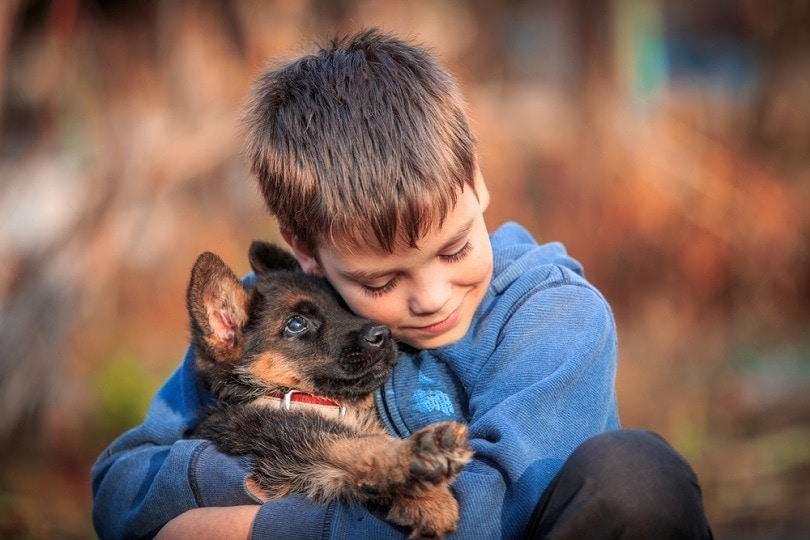
Summary
Training a dog that doesn’t seem food motivated can be more challenging but can still be accomplished. If none of these nine tips and tricks are working for you, it might be time to seek professional help. Training classes are available in most areas, often through your local veterinarian’s office. You can also hire a trainer to work with you and your dog. It’s better to ask for help rather than becoming frustrated and resorting to punishment or negative training techniques.
Featured Image Credit: Rolf Klebsattel, Shutterstock







